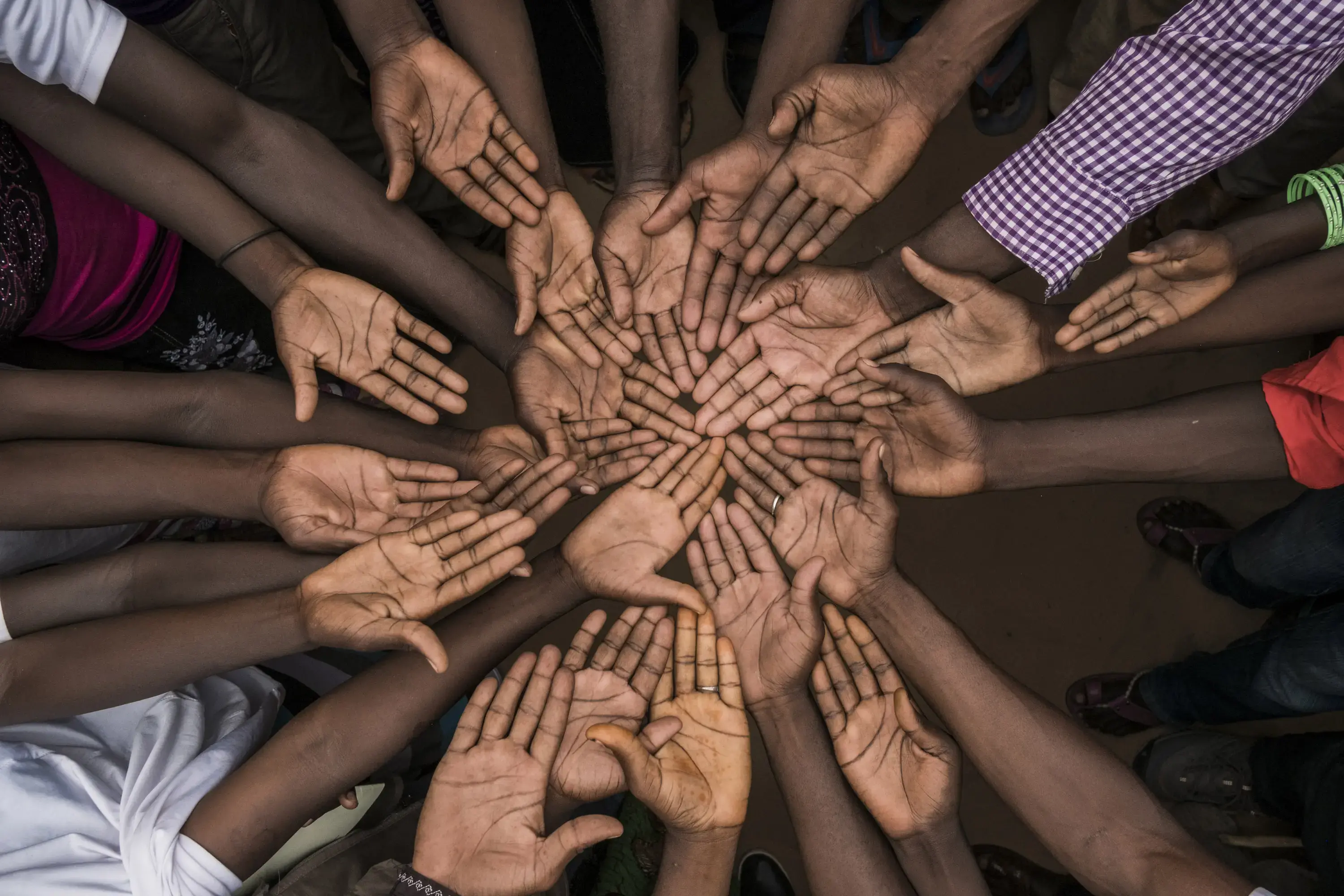Dakar (Senegal) - We should go beyond the matrix of results delivered. We need to be able to track how our investments bring dignity to women and girls and help young people develop their potential, UNFPA executive director Babatunde Osotimehin said on Monday at the opening of the Planning meeting for thematic trust funds (TTF) focus countries attended by representatives from 46 countries from all regions.
It is not enough to talk about how many condoms were distributed though they are important. We need to go beyond that and talk about how many lives we saved, give a human face to what we do, how many girls were helped to make sure they didn’t develop fistula, Dr Osotimehin told participants through video conference from New York.
He hailed the initiative of bringing all thematic funds together for the first time for a strategic plan to enhance integration, avoid duplication, and make sure resources are used effectively and reflects on the lives of people.
“We should take this opportunity to develop a unified approach and understand how it is going to work,” he added, adding we need to make sure investments are properly utilized and reflect on the life of people.
Furthermore, the executive director reminded participants that from 20 January, there are 710 days before the 2015 Millennium Development Goal deadline. “UNFPA should work harder to accelerate what we are doing in countries in terms of achieving MDG 5a and 5b. As representatives and advocates for our issues, it is important we keep the momentum otherwise some MDGs will remain unfinished,” he told delegates.
Earlier in the day, UNFPA West and Central Africa regional director, Benoit Kalasa, hailed the opportunity for the organization to host the TTF planning meeting as a unified entity and discuss ways of delivering results of the Strategic Plan.
Recalling the importance of 2014 as the post-2015 development agenda and the ICPD beyond 2014 outcomes are being discussed, Kalasa said it was the role of the participants to ensure that the organization is recognized as a critical player in the wellbeing of women and girls as well as youths.
On demographic dividend, he said UNFPA intervenes in the first entry point of the programme i.e. the demographic transition.
“We intervene in maternal mortality, family planning, ending of early marriage etc in order to change the population structure by reducing the fertility rate. Once the conditions are there, we also need to develop the human capital of youths with partners. Thus two of our lead components come together under the demographic dividend,” he said.
Kalasa said integration is not just implementing a plan together, there is need to coordinate better.
Bruce Campbell, Director of Technical Division, said the gathering was a tremendous opportunity for knowledge sharing and integrated planning. 2014 is a special year with the ICPD beyond 2014 review, the post-2015 development agenda process, and the launch of the new Strategic Plan, “the best we have ever had”. He also reminded the theory of change the SP is based on.
The planning meeting organized, from 20-25 January, is attended by 46 UNFPA country offices from APRO, ESARO, LACRO and WCARO. The purpose is to plan the Thematic Trust Funds planning for 2014 and facilitate immediate disbursement of funds for implementation. The TTFs are: the Global Programme to enhance Reproductive Health Commodity Security (GPRHCS); the Maternal Health Thematic Trust Fund (MHTF); the Unified Budget and Results Accountability Framework (UBRAF); and the UNFPA/UNICEF Joint Programme on FGM/C.
The meeting will also share results, experiences and lessons learned from the TTFs implementation efforts, review and approve annual TTF work plans for 2014 to enable immediate disbursement of funds for implementation; and set action points on harmonized approaches for improved technical assistance modalities to support countries among others.




